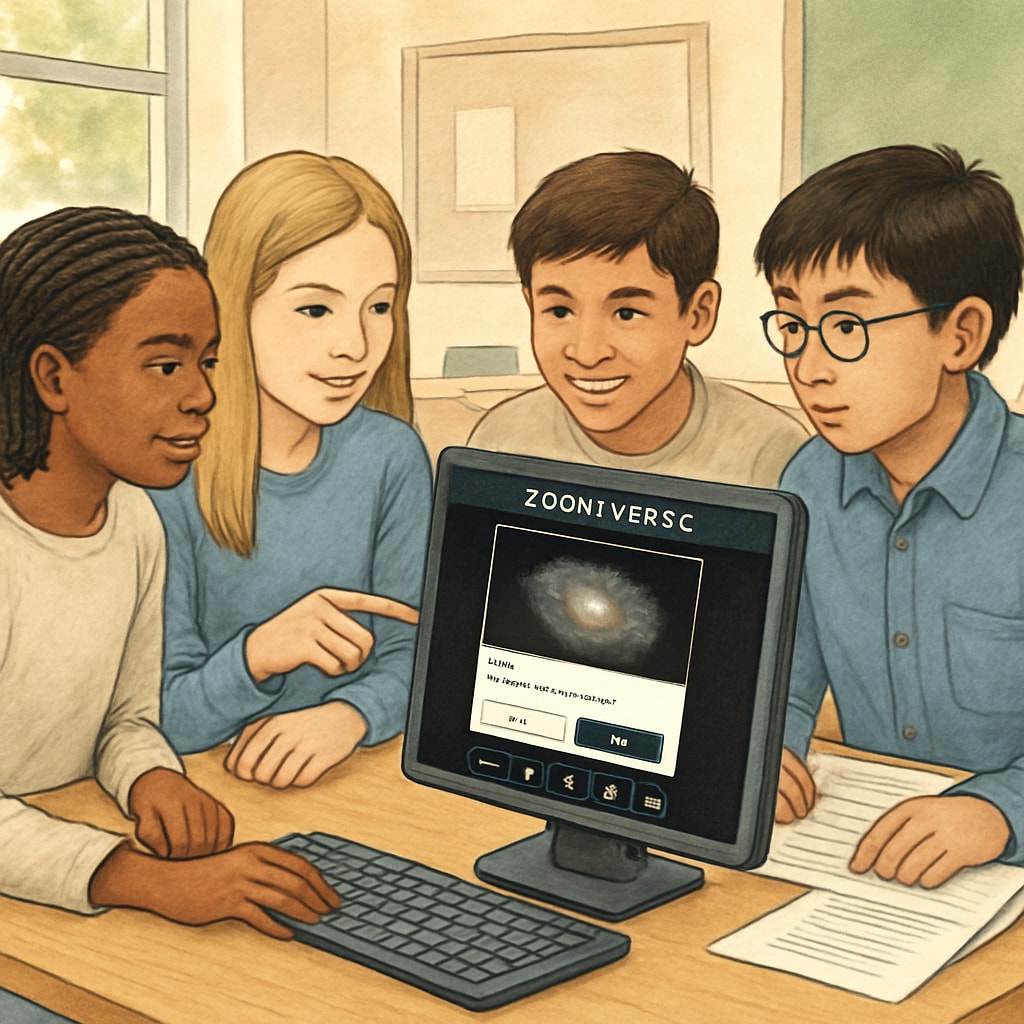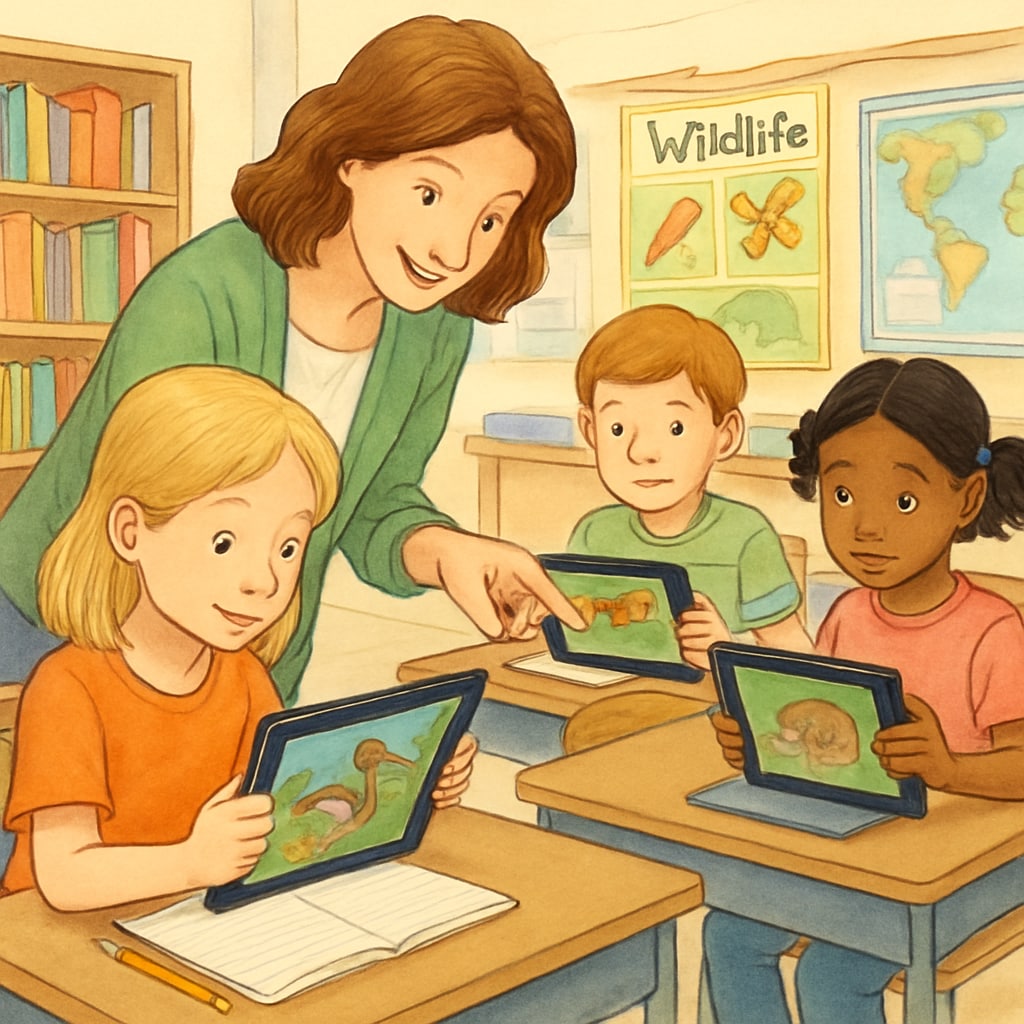Citizen science, Zooniverse, and science projects merge perfectly to create transformative learning experiences for K12 students. As the world’s largest platform for people-powered research, Zooniverse offers students unprecedented access to real scientific discovery across disciplines like astronomy, ecology, and history.

Why Citizen Science Matters for STEM Education
Unlike traditional classroom experiments, citizen science projects provide three key benefits:
- Authentic contribution: Students help solve real research problems, like classifying galaxies through the Galaxy Zoo project
- Skill development: Projects naturally teach data analysis, pattern recognition, and scientific methodology
- Career exposure: Students interact with research teams and learn about diverse STEM fields
Getting Started with Zooniverse in Classrooms
Teachers can easily integrate Zooniverse projects into existing curricula. For example, a biology unit might include the Notes from Nature project where students transcribe museum specimens. Key implementation steps include:
- Selecting age-appropriate projects (filterable by grade level)
- Setting clear learning objectives aligned to standards
- Providing structured reflection activities

Measuring the Impact of Citizen Science
Research shows participation in authentic science projects significantly increases:
- Scientific literacy scores (32% improvement in controlled studies)
- STEM career interest, particularly among underrepresented groups
- Critical thinking skills applicable across subjects
Implementation tip: Start with short 20-minute sessions during “bell ringer” activities before expanding to deeper project work. The intuitive Zooniverse interface requires minimal technical training, making it accessible for all grade levels.


